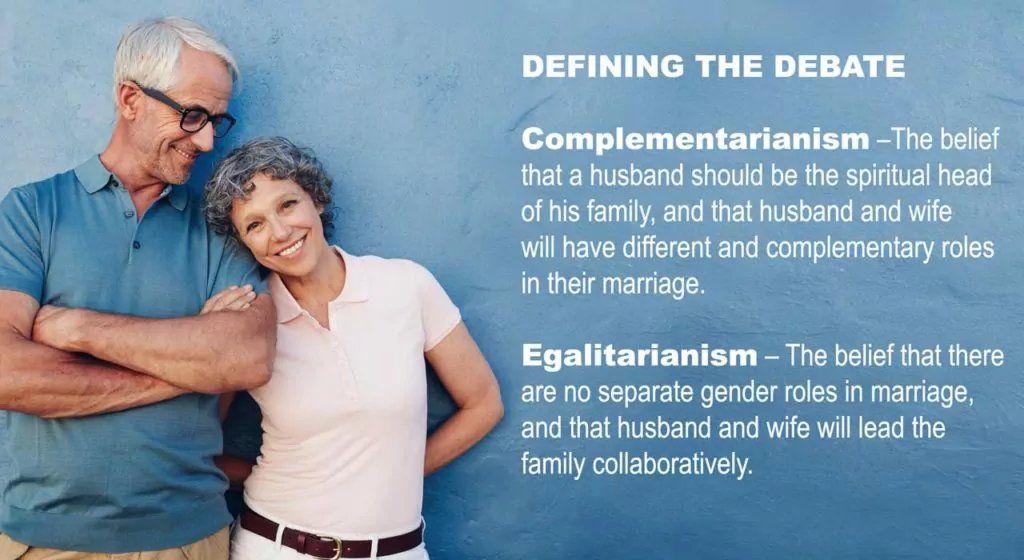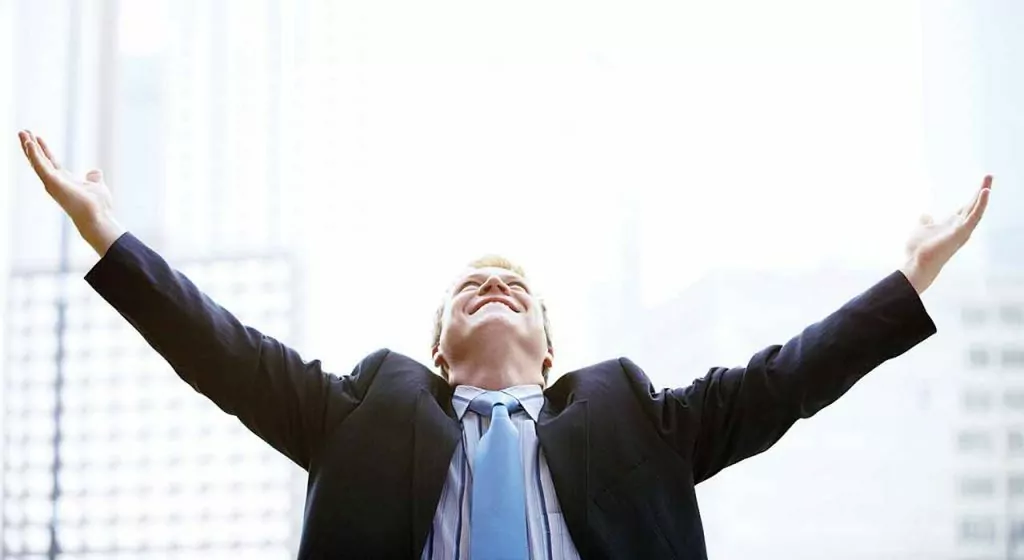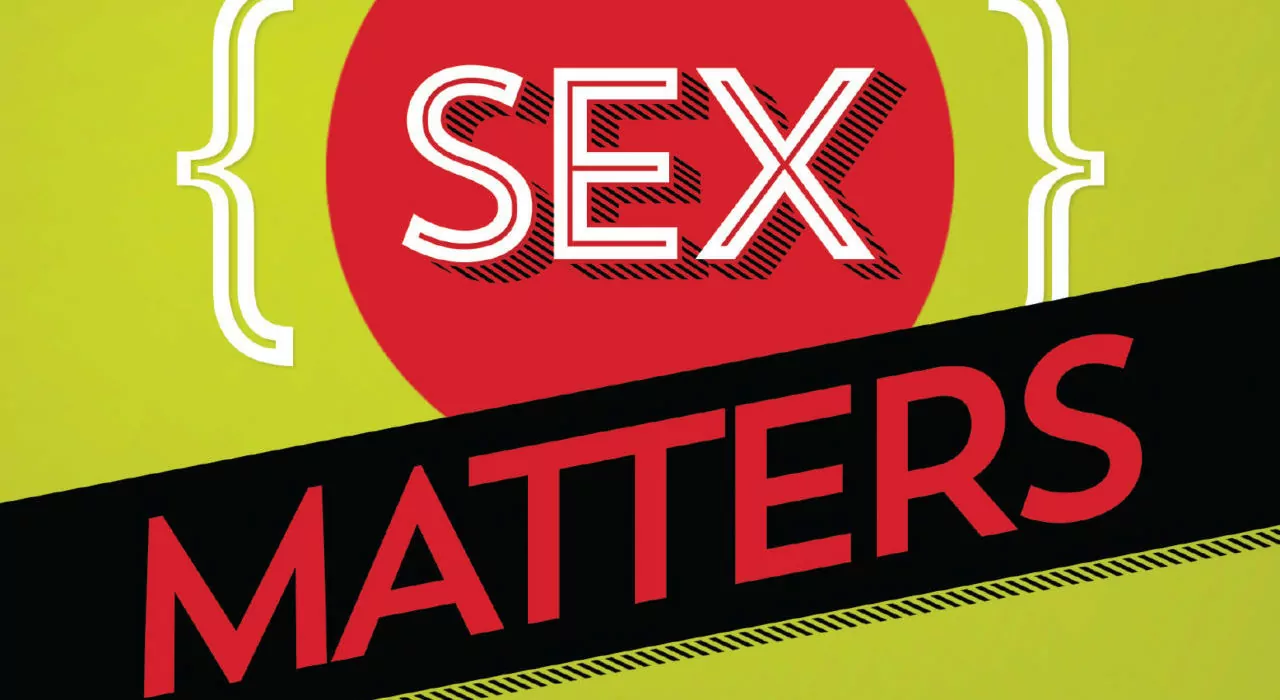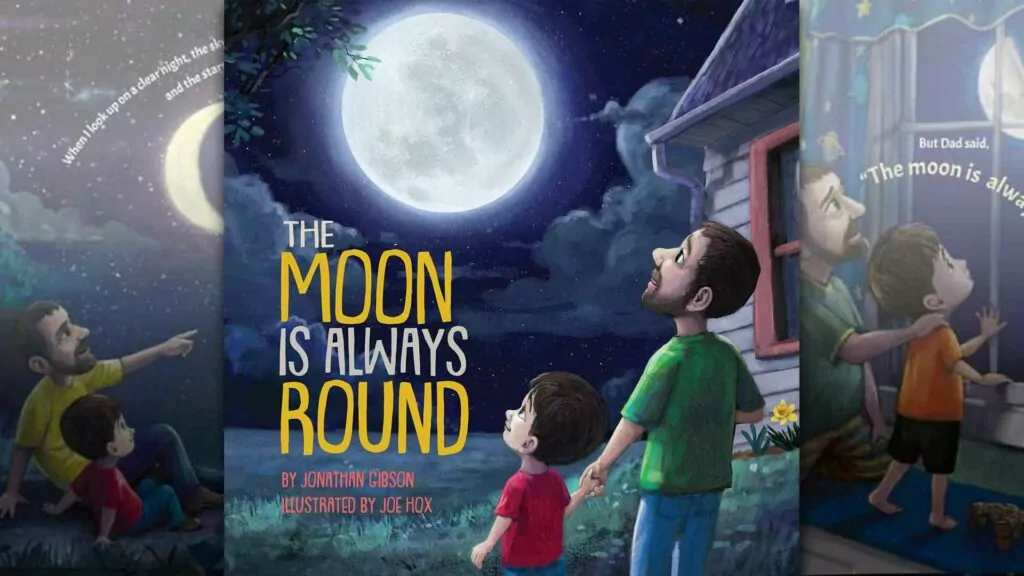by Jonathan Rogers
2010/ 305 pages
I love love loved Jonathan Rogers’ Wilderking Trilogy, a children’s fantasy series that echoes the story of David and Saul, though without ever mentioning it, and is set in a kingdom made up of sheep farmers, nobles, castles, and swamps populated by “feechie” creatures that might be men or might just be myth. It was great fun, and when I was done reading it to my daughters, we all wanted more so we were happy to learn that Rogers has also written this stand-alone set in this same universe called.
But as much as I enjoyed the story, my girls did not. One reviewer described it as “C.S. Lewis and Mark Twain rolled into one” and while my girls love Lewis, they aren’t about Tom Sawyer-type tricks and hijinks. Twain is simply too nasty for their liking.
So I stopped reading it to them, but kept on myself and enjoyed it more and more the further on I went. Floyd is the title charlatan, Grady his boy, and the two of them travel from village to village trying to trick folks into believing that a mudded-up Grady is one of the fearsome and fabled feechies. But when time passes and villagers stop believing in feechies – it’s been so long since anyone’s seen one out in the wild – they stop paying to see feechie acts. So it’s up to Floyd and Grady to make them believe once more. If this was just a tricky Twain story, I don’t know that I would have liked it either. Floyd is a shyster and little more, but Grady’s biggest fault is merely the company he keeps. So we’ve got reason to root for Grady, and reason to hope too.
This, then, isn’t a kid’s tale like Wilderking, but something intended for a slightly older crowd, maybe comparable to how Tolkien wrote The Hobbit for the young’uns and Lord of the Rings for the adults – same world, but two different target audiences. So for teens and up, so long as Lewis/Twain is an intriguing combo to you, you’ll really enjoy it.













